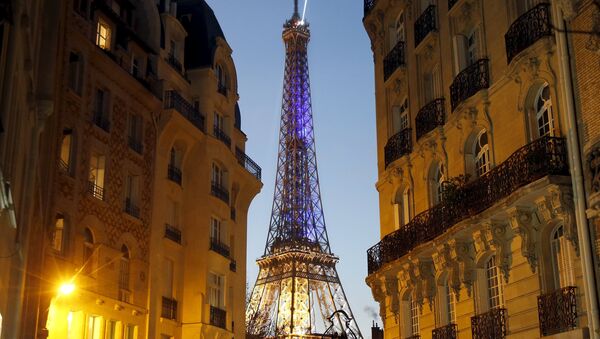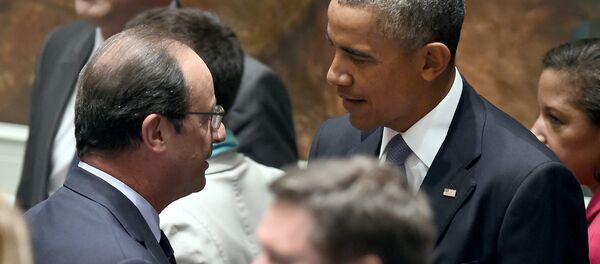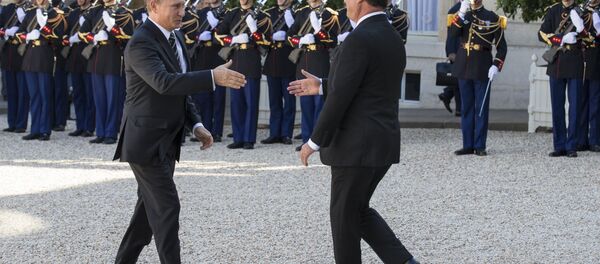At the time, Russian President Vladimir Putin warned the US and its allies against conducting a military campaign against Assad's government.
In September, former president of France, Nicolas Sarkozy called for dialogue with Russia in an effort to support the government of Syria to defend itself against ISIL, following a similar call from the White House in what is seen as a U-turn by the West.
Sarkozy told Le Parisien newspaper: "We must build the conditions for the creation of a liberation army of Syria and rely on neighbors as well as more dialogue with Russia and Putin."
Since 2013, the US and its western allies has struggled to balance its desire to oust Assad and support opposition groups, but has seen both Syria and Iraq descend into chaos amid the rise of ISIL.
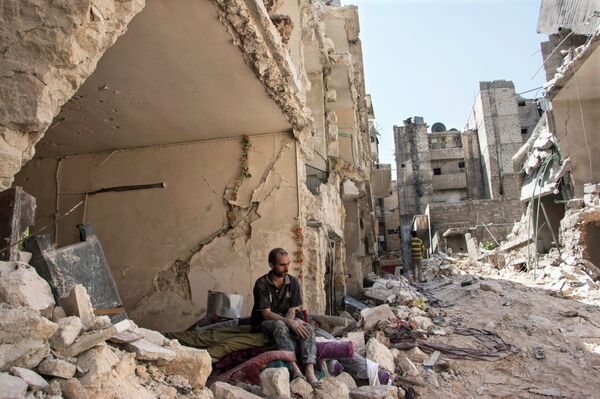
In September, Russian President Vladimir Putin accused the US of "flagrant destruction of national institutions" in the Middle East during its military action in Iraq and Afghanistan.
He argued that US-led interventions in Iraq and Syria created a power vacuum, ISIL was quick to capitalize on.
US Turnaround
Less than two months on, the political landscape has dramatically changed. Russia has begun airstrikes against ISIL and opposition forces in Syria, the Russian Metrojet A321 flying from Sharm el-Sheikh to Saint Petersburg was bombed out of the sky over Egypt killing 24 people and 129 people were killed in Paris after a series of terror attacks claimed in the name of Islamic State.
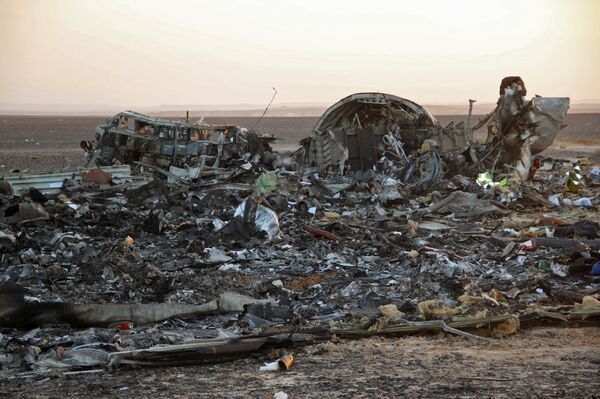
Once, again it is France that is leading the talks.
Crucially, this was agreed, without any country using its veto. As Hollande begins his round of talks in the US, many analysts see the French move as being greeted with relief in Washington, which has been struggling over its foreign policy in Syria and will also have to accept it must exercise more pragmatism over its relations with Moscow.

